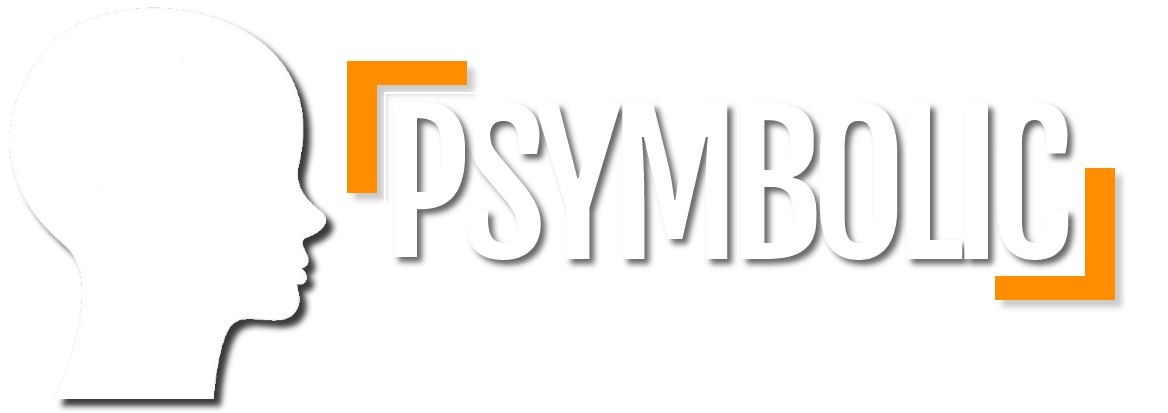
Finding the correct mortgage rate is a big step in buying a home. It can affect how much you’ll pay over time. Comparing rates might feel daunting at first, but it becomes easier if you break it down into smaller tasks. This way, you can find the best choice for your finances.
The secret to getting a good mortgage rate is to do your research. Learn about what’s out there and see if you’re financially ready. This will help you get a loan that fits with your plans.
Here are the best ways to research mortgage rates:
Start with Your Financial Profile
Before you start comparing mortgage rates, it’s important to check out your financial situation. Lenders decide their rates based on your credit score, debt-to-income ratio, and how stable your job is. Knowing where you fit in can help you understand what rates you might get.
Begin by reviewing your credit score and your credit report for any mistakes. If your score could use a boost, try paying off high-interest debt or fixing any errors on the report. A good credit profile makes getting approved easier and can help you land a lower rate.
Explore Online Rate Comparison Tools
Checking out mortgage rates is simpler now with online tools. These websites let you fill in some details about your finances and instantly see different rates suited to you. Although these tools are useful, remember that the rates you see are often just estimates.
When using these platforms, looking at more than just the advertised rates is important. Pay close attention to any fees and conditions, as they can significantly affect the total cost of your loan. After you’ve got a shortlist, contact lenders directly to confirm their rates and terms.
Work with a Mortgage Agent
Using online tools lets you easily compare mortgage rates from different lenders. You can enter some basic financial info and quickly see various rates that suit your profile. These tools are handy, but remember, the rates shown are usually estimates.
When using these online tools, don’t just focus on the rates they show. Look at the fees and terms because they can greatly affect the cost of your loan. After narrowing down your choices, contact a mortgage agent for help. They can help confirm the rates and terms that lenders offer.
Understand the Impact of Loan Terms
When comparing mortgage rates, it’s key to consider how the loan term affects your payments. Shorter terms usually have lower interest rates but higher monthly payments. Longer terms, on the other hand, offer lower monthly payments but lead to higher interest over time.
Take a 15-year fixed-rate mortgage, for example. It might save you money on interest compared to a 30-year term, but you’ll need to pay more monthly.
Speak with Multiple Lenders
Talking to different lenders is vital when doing your research. Since each lender reviews applications in their way, rates can vary depending on your financial situation. Comparing lenders helps you find the best rates and terms for you.
When discussing with lenders, inquire about extra costs like closing fees or private mortgage insurance. These can affect the total cost of a loan. Feel free to negotiate, as lenders might be open to matching or beating a competitor’s offer to win your business.
Factor in Additional Costs
It’s easy to get caught up by looking at the interest rate when checking out mortgage options, but extra costs can add up. Origination fees, appraisal, and closing fees must be part of your decision-making process. These expenses can differ quite a bit between lenders, so be sure to ask for a detailed list of all costs.
Some lenders have slightly higher rates but lower fees, which makes them a better choice overall. Calculating the total cost of each mortgage offer helps you see the whole picture and ensures there are no surprises later on.
